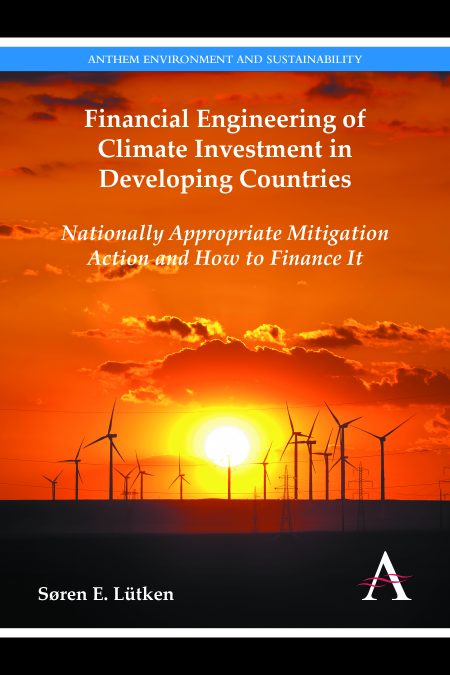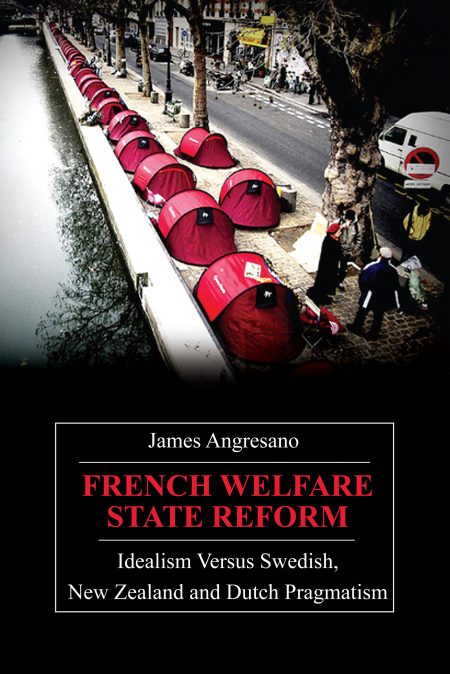French Welfare State Reform
Idealism versus Swedish, New Zealand and Dutch Pragmatism
James Angresano
Select Format
Title Details
- ISBN: 9780857289971
- January 2011
- Pages: 304
- Imprint: Anthem Press
Over the past two decades, many welfare states have experienced a combination of low economic growth and rising unemployment, concurrent with increasing pension and health care obligations, which has exacerbated government budget deficits. Some analysts forecast that for a number of welfare states these problems will worsen in the future. Their fiscal problems, in particular, present welfare state policy makers with the dilemma of attempting to fund redistribution schemes consistent with the ideal of a secure egalitarian society while at the same time remaining competitive in a ‘new economy’ that places a premium on competition, innovation, and flexible labour and product markets.
Thus, an important issue has emerged: what types of reforms are required to enable welfare states to preserve sustainability? For the purpose of this study, a sustainable welfare state is one that can remain the guarantor against social risks and adverse economic trends for all segments of their respective societies and satisfy sound fiscal criteria (such as the Maastricht requirement for all members of the EMU that their fiscal budget deficit does not exceed 3% of the GDP), without imposing considerable financial burdens on future generations.
James Angresano is Professor of Political Economy at Albertson College, Idaho.
Acknowledgements; Preface: Whose Welfare?; 1. The Contemporary Welfare State: The Issue of Sustainability; 2. The Case of Sweden: From Deep Recession to Favourable Economic Performance; 3. The Case of New Zealand: Liberalizing the Welfare State, with Mixed Results; 4. The Case of the Netherlands: Gradual Reform with Social Cohesion Maintained; 5. The Case of France: Il y a une Éxception Française?; 6. Summary and Conclusions; References; Glossary; Index
‘Deeply rooted in a sound political economy analysis, this book is a must both for those who are still faithful to some sort of welfare state and for pro-market hardliners.’ —Wladimir Andreff, Professor at the University of Paris, Centre d’Economie de la Sorbonne (CNRS), Vice-President of the French Economic Association
Related products
-
Financial Engineering of Climate Investment in Developing Countries
Nationally Appropriate Mitigation Action and How to Finance It
Søren E. Lütken
June, 2014
£115.00 / $115.00 -
Max Nettlau’s Utopian Vision
A Translation of Esbozo de Historia de Las Utopias
Edited and translated by Toby Widdicombe
April, 2023
£110.00 / $110.00 -
Narrative Art and the Politics of Health
Edited by Neil Brooks, Sarah Blanchette
March, 2021
£125.00 / $125.00 -
The Demographic Dividend and the Power of Youth
Voices from the Global Diplomacy Lab
Edited by Eirliani Abdul Rahman, ElsaMarie D'Silva, Sonja Peteranderl
February, 2021
£125.00 / $125.00 -
Sophisticated Interdependence in Climate Policy
Federalism in the United States, Brazil, and Germany
Vivian E. Thomson
February, 2014
£115.00 / $115.00 -
British Foreign Office Documents on the Macedonian Question, 1919-1941
Edited by Ilko Drenkov
consultant editor Ivan Metodiev Petrov, Lynnette G. LeonardMarch, 2021
£125.00 / $125.00








